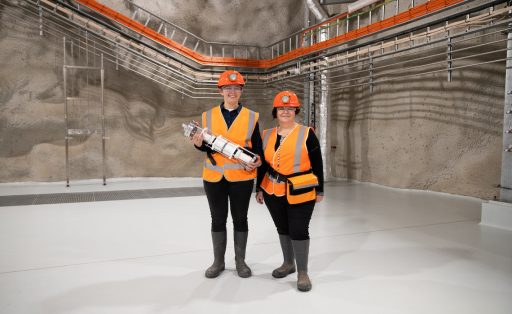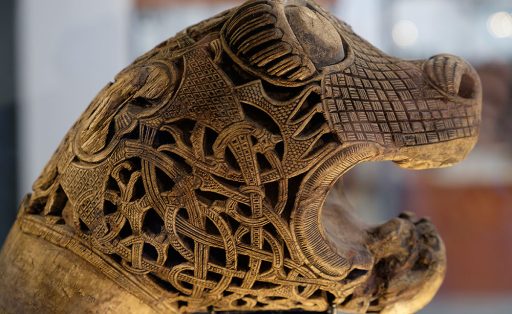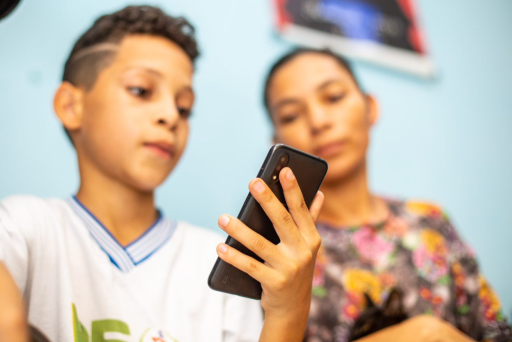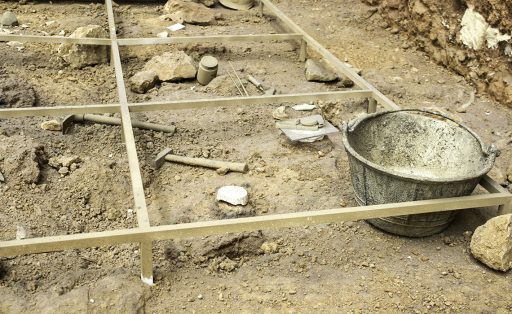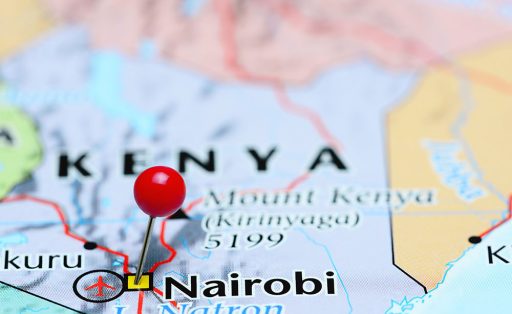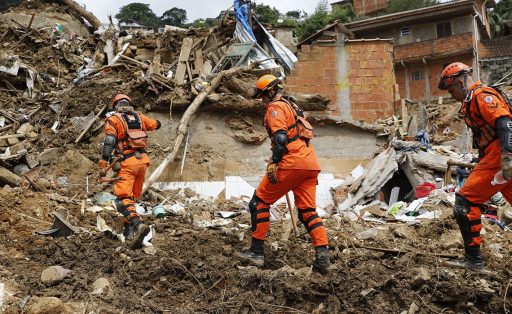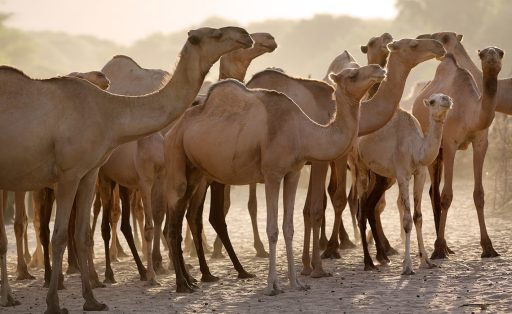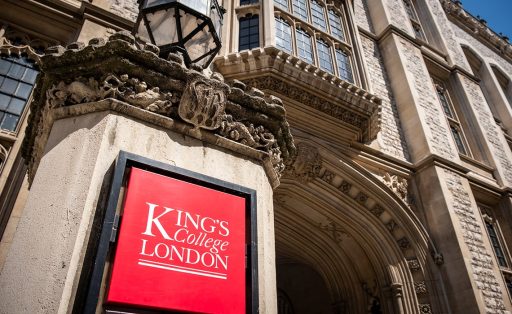AARNet connects scientific instruments and research facilities across Australia, extending the network infrastructure to new sites, such as the Stawell Underground Physics Laboratory in regional Victoria.
In Finland, a new type of supercomputer merges conventional supercomputing with quantum computing. An application could be calculating in near-real-time how a tsunami will develop.
A European initiative for open science allows archaeologists to map the journeys of Vikings based on artifacts found in different countries.
An innovative approach to improving the service experience for users of mobile data chips provided by the Internet Brasil program
The technology reveals evidence for human heavy metal exposure, as well as preservation status of bone, dental tissue, and hair at micrometre scales.
KENET, the national research and education network of Kenya, and its partners have established the first cloud-based Open WiFi architecture in Africa.
Thanks to an EU open science program, the climate researchers in each Nordic country do not need to create their models of the Nordic climate system from scratch.
After heavy rain caused internet outages in Petrópolis, the national research and education network of Brazil, RNP, managed to reestablish normal operation within a week.
Since camels often move between different regions, controlling diseases such as corona viruses calls for a transboundary approach.
Numerous universities were able to take advantage of the free cloud services offered by URAN, but the increased demand led to an unforeseen crisis caused by disk storage overload in the NREN’s data centre.
Through a combination of new theory and raw computing power, at team at King’s College London is able to support development of superconducting materials. NRENs provide the necessary data transfer.
Raúl Zurita Milla from the University of Twente conducts pioneering green wave studies with big data, thanks to the Netherlands eScience Centre Center, which was founded ten years ago.


